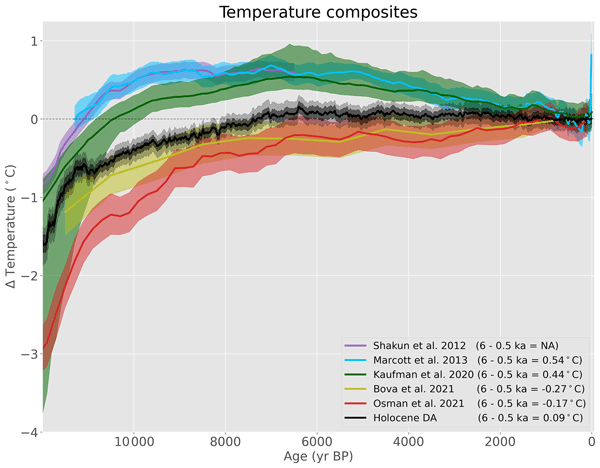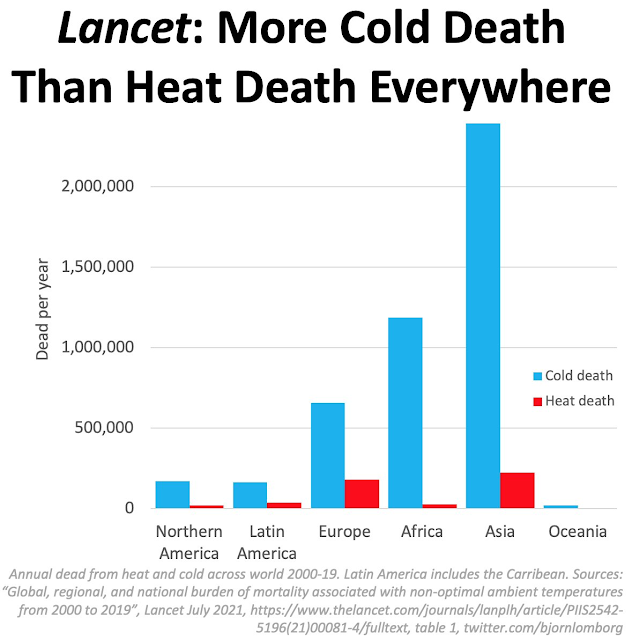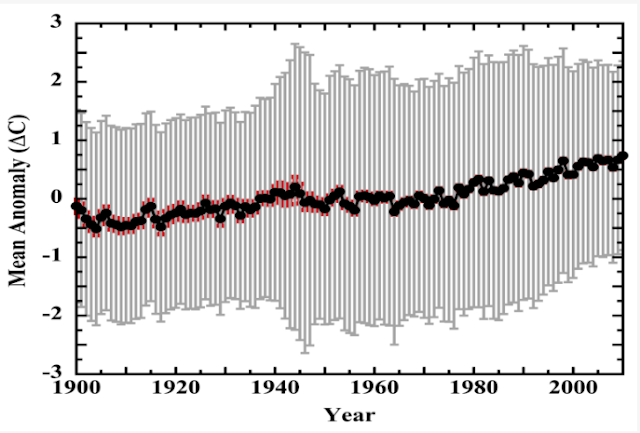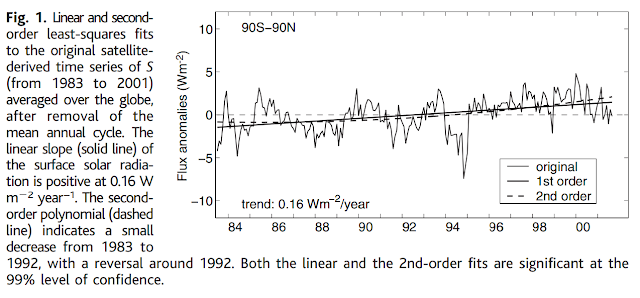Does Climate Science Assume the The Earth is Flat?

On Facebook I recently came across a character by the name of Joseph Postma. I had come across some of his ideas on YouTube in the past and had quite a laugh at some of the nonsense that he puts in his videos, but recently Postma started participating in a group that I participate in, so I've interacted with him personally. For those of you unfamiliar with him, his ideas should best be understood as coming from the lunatic fringe of contrarian thinking. In fact, I'm seriously tempted to think that he doesn't actually believe what he says, but he's basically seeing how absurd he can be and still get people to believe him. To be sure, he has not yet convinced even the most radical of people blogging on some of the most popular contrarian sites. I mean, WUWT has posted criticisms of his views, Willis Eschenbach has publicly disagreed with him, and Roy Spencer has devoted at least one post to responding to his claims. Even David Burton has taken issue with Postma. In othe...




